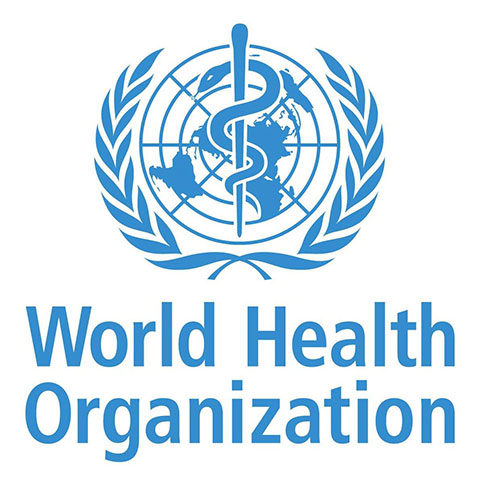
77th World Health Assembly
The ILEP Secretariat was in Geneva during the seventy-seventh World Health Assembly, held in the last week of May. The Assembly is the peak event for WHO each year. Big-picture outcomes this year were the adoption of WHO’s strategy or plan of work for 2025 to 2028, a resolution on climate change and health, and a resolution on social participation with a particular focus on promoting the voices of people in marginalized situations. But in addition to the main meetings there is a wide array of side events and opportunities for linkages and networking.
WHO Plan of Work 2025-2028
The Plan of Work – which is summarised in the table below – is important to ILEP and its members. Partly that is because organizations in official relations with WHO – like ILEP – are expected to develop and report on three-year cooperation agreements that need to link with the Plan of Work. But also, as ILEP members interact with WHO both globally and at country level, it is relevant to be able to refer to those elements of the Plan of Work that ILEP members are working collaboratively towards. The second objective (social determinants), third objective (health systems, including data) and fourth objective (especially equity of access to health services) seem particularly relevant. See here for the Director-General’s report that contains the 2025-2028 Plan of Work.
Climate change and health
In passing this resolution, Member States built on previous decisions that recognised the inter-relationship of climate change and health. The resolution points out that the pace and scope of mitigation and adaptation efforts are being surpassed by climate change threats, and that any further delay in concerted global action will miss a brief and rapidly closing window of opportunity to secure the goals of health and wellbeing for all. It also points out that climate change is worsening existing health inequalities and that people in marginalized and vulnerable situations can be most at risk of negative climate change impacts. The commitments agreed by Member States are arguably not as strong as the identified risks, but there is agreement to strengthen the implementation of WHO’s global strategy on health, environment and climate change, without diverting resources meant for primary health care. Members interested in ongoing advocacy on the effects of climate change may find it relevant to look more closely at the resolution and also at the forthcoming global plan of action on climate change.
Social participation for universal health coverage, health and well-being
WHO defines social participation as empowering people, communities and civil society through inclusive participation in decision-making processes that affect health. This resolution repeated previous agreements about the need to promote participation of people in vulnerable and/or marginalized situations including persons with disabilities and those who are furthest behind. The resolution urges Member States to implement, strengthen and sustain regular and meaningful social participation in health-related decisions. The relevance for ILEP members working with people affected by leprosy is obvious. We recommend close study of the resolution especially by ILEP members that are working to empower organizations that represent persons affected by leprosy in interaction with central and local governments.
Skin Diseases as a Global Public Health Priority
This well-attended side event was hosted by the International League of Dermatological Societies (ILDS) and GlobalSkin, an international alliance of patients of skin diseases. Presenters showed that skin diseases stand in seventh place in terms of YLDs (years of healthy life lost to disability and illness) and affect 5% of the global population at any given time. Perhaps less surprising was the comment that data quality is a major issue across most skin diseases – not just skin NTDs. Follow-up actions by the ILEP Secretariat will include:
- Reconnection with GlobalSkin to advocate for inclusion of organisations of persons affected by leprosy and other skin NTDs in their networks. We previously discussed with GlobalSkin the limitations of the word ‘patients’ in their name and we will continue to develop that theme.
- Further discussion with Dr Kingsley Asiedu (WHO) around a comment in his speech urging ILEP to be more involved in the general skin diseases community.
- Response to a planned WHA resolution on skin diseases, proposed by ILDS, GlobalSkin and other stakeholders. The plan is to bring a resolution for the consideration of the WHO Executive Board in January 2025, calling for investment to expand expertise in skin diseases especially at PHC level; to expand research capacity to provide innovative diagnostic tools and new treatments for skin diseases; and to strengthen global skin health databases to inform planning needs and monitor progress.
